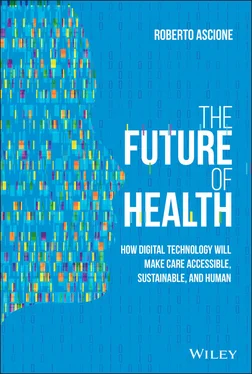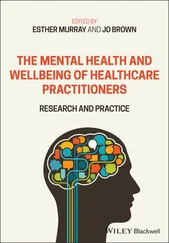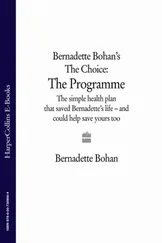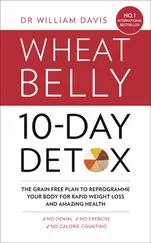Despite the huge need for adherence solutions and Proteus's level of innovation, this solution never scaled, probably because it was ahead of its time in the context of the health-care industry. In mid-2020 Otsuka ended up acquiring Proteus, so perhaps full integration with a pharmaceutical company will allow this technology to be more broadly available to patients and doctors.
Qardio is a wireless tool for detecting systolic and diastolic blood pressure, heart rate, and irregular heartbeats. Based on that alone, it would seem to share quite a lot with other devices on the market. What makes Qardio a very useful and interesting instrument for those who have heart problems (or for those who want to monitor their activities to monitor or prevent certain cardio pathologies) is the integration of the Qardio app with Apple Health and Apple Watch. This makes it possible to have an extremely easy and intuitive overview of the data. It also makes it possible to share the data automatically with friends and family or send them directly to a health-care professional via email. In particular, this latest integration is an important shortcut in the supply chain of doctor-patient communication, and it allows the information process to become more efficient. Both of these aspects benefit the health of the Qardio user. All the measurements recorded by the device are automatically stored in a special cloud space and made available for consultation through easy-to-read charts and tables. In this way, one always has an up-to-date history of measurements, anomalies, and trends related to moments of cardiac stress.
Thync is a small device aimed at reducing anxiety and ensuring a pleasant sleep. It rests on the neck and is managed via a smartphone app, giving users a choice between one of two programs. In the United States, much importance is given to the dangers of stress. According to studies of the American Psychological Association, it is in our times that the highest number of anxious states has been recorded in the history of the American population. Thync was developed by a team of neuroscientists at the Massachusetts Institute of Technology (MIT) and it went through five years of trials and thousands of test sessions. The instrument uses electrostimulation to alter the state of the brain and help the users relieve stress and anxiety without necessarily resorting to the use of anxiolytic drugs. The triangular device should be placed on the neck, at the back of the head, or on the forehead, and then activated: Thync, through small electric discharges, interacts with the nervous system, helping the wearer to recover his or her psychophysical balance for an improvement in health. “Neurostimulation is based on the link between the nerves located in the back of the neck and two areas of the brain, which affect stress and sleep” explains Isy Goldwasser, CEO of the company. But researchers want to push Thync beyond the boundaries of its original purpose, toward even more ambitious goals. They began with the assumption that the scientific literature is increasingly highlighting the important role that the nervous system plays in regulating the immune response in diseases such as psoriasis, lupus, inflammatory bowel disease (IBD), and rheumatoid arthritis. This led, in 2017, to the first trial of Thync in the treatment of psoriasis.
In the blind study, 28 subjects followed a treatment program (or a placebo program) every day for 10 minutes over the course of four weeks. After this time, 15 of the 18 subjects in the treatment group (83 percent of the total) reported at least a 50 percent reduction in the symptoms of psoriasis while 6 out of 18 subjects showed a reduction of more than 75 percent of these symptoms. In comparison, only 2 out of 10 subjects in the control group with the placebo program showed a 50 percent reduction in symptoms and no one had improvement of 75 percent (p = 0.0005). Thync is currently conducting clinical trials to further validate noninvasive modulation as a treatment for plaque psoriasis.
Guest Perspectives
MATTEO LAI
CEO, Emaptica
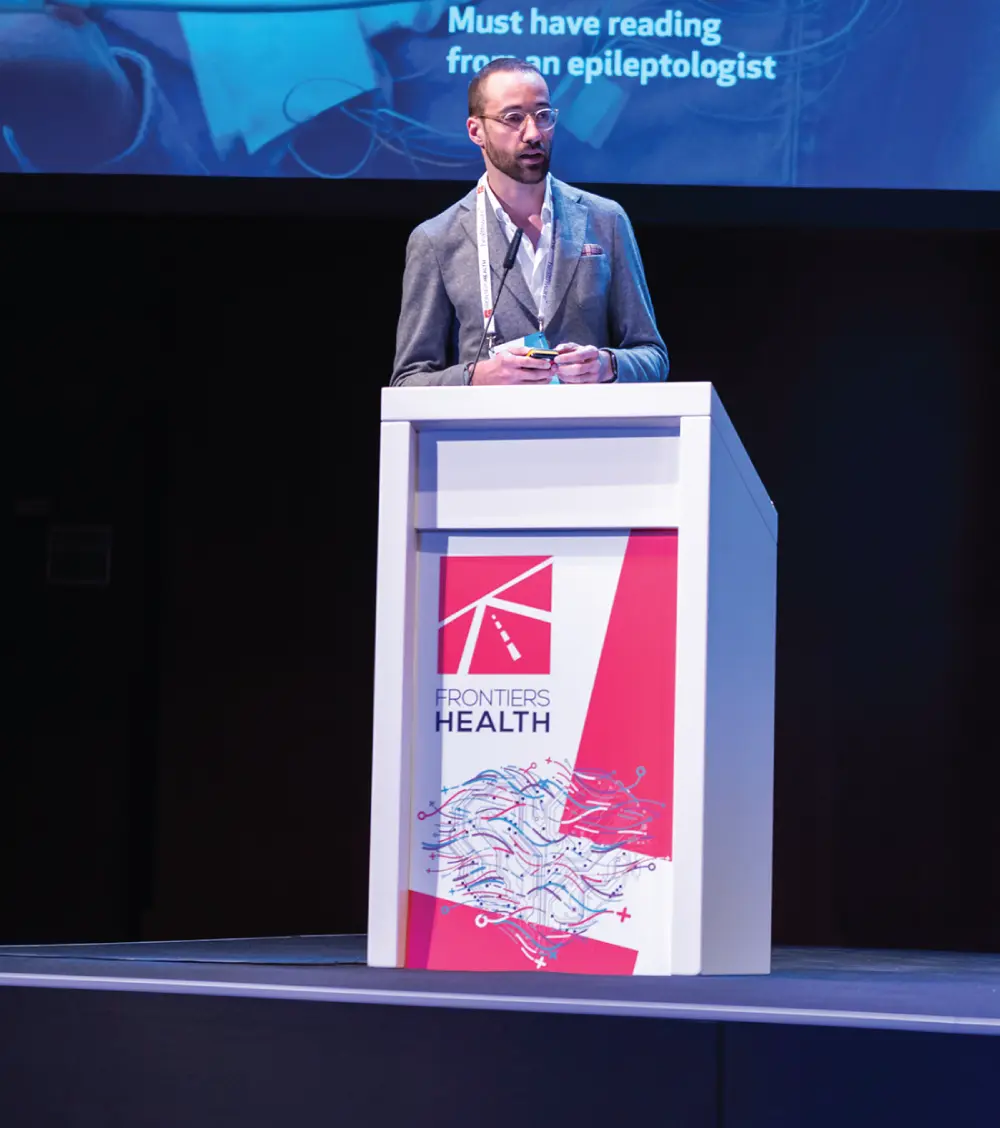
Matteo Lai speaking at Frontiers Health 2018
Credit: Frontiers Health
The reason why we started Empatica, together with Simone, Roz, and Maurizio, my co-founders, was to create technology and products that help people manage their health.
Our brains did not evolve fast enough to cope with the complexity of the modern world. That is something we see every day, with people struggling with mental health, or suffering from chronic conditions that are completely preventable. Our objective was very ambitious: we imagined a world where the extreme complexity of human behavior and health is mapped and provided to each person, to get help and recommendations while navigating daily life. We imagined we would be building predictive analytics models, biomarkers that could monitor people's health automatically and unobtrusively. We knew it was going to be a long journey, but we had some principles in mind: these products would have to be based on cutting-edge science and technology. They would have to be beautiful and easy to use. They would empower each person and not become a system of surveillance to control them. So, we started building devices and algorithms to monitor real-time vital signs and autonomic nervous system activity.
Today, these products are used by thousands of researchers in the best hospitals and universities globally. They also support some of the world's largest pharmaceutical companies to run better clinical trials remotely. We then decided to help patients directly, with our first consumer product. In 2018, we introduced Embrace2, the first smartwatch to be cleared by FDA in neurology, designed to detect seizures for people living with epilepsy, providing lifesaving help to patients.
In the same year, we started developing an algorithm that would detect influenza infections. Following the outbreak of the Covid-19 pandemic we shifted the algorithm capabilities so that it could also detect the presence of SARS-CoV-2. With our wearables, it became the first wrist-worn solution to receive the European CE mark for Covid-19 detection, letting people know every morning if they should self-isolate and seek additional help, before they started feeling unwell.
We maintain our philosophy of building a revolutionary medical device with a beautiful design, expanding on our idea of applying AI to build biomarkers to support people's health. What if a cute little watch could predict migraines so that you could take a pill before the pain starts? What if it could understand if you are at risk of encountering a time of low mood or a depressive episode, providing you with help to avoid that altogether? What if you could understand what the most stressful events in your daily life are, empowering you and your partner with better insights? What if the watch could know you are getting ill before you know it?
This is not science fiction: we are currently running multiple clinical studies on these exact applications, with some of the leading experts in the world, to bring it from research to a real product. And it is very exciting to imagine how a better understanding of ourselves could help us live a better life.
SHANTI RAMAKRISHNAN
CEO eDevice

Shanti Ramakrishnan
Читать дальше
